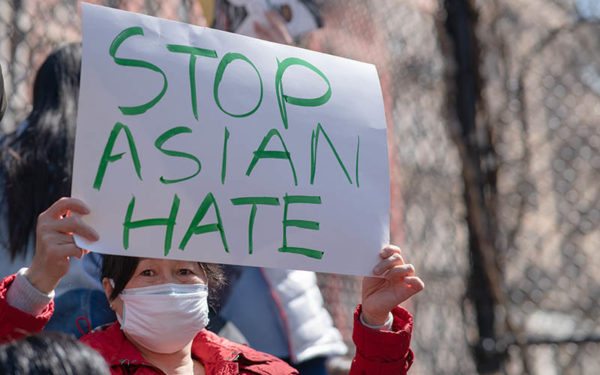Conservation Matters: Spring 2021
We find ourselves on the cusp of a sea change in how we transport people and goods as we urgently work to cut the climate-damaging emissions that spew from New Englanders’ tailpipes.
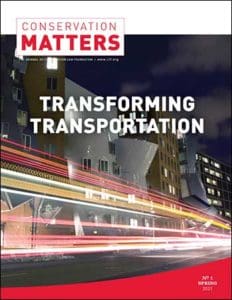
We find ourselves on the cusp of a sea change in how we transport people and goods as we urgently work to cut the climate-damaging emissions that spew from New Englanders’ tailpipes.

Biden’s infrastructure package represents a critical investment in our future, infusing much-needed funding to ramp up New England’s transition to a carbon-free economy by 2050.
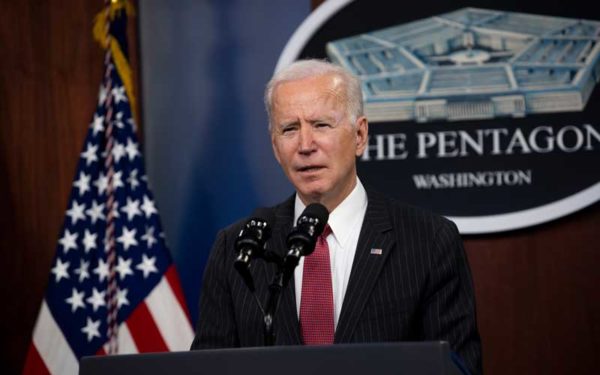
We’re tackling transportation from all sides.

We are back in a world where the federal government is leading on climate change. New Hampshire needs to follow.
Regulators have known for more than 20 years that vessel strikes kill right whales at an alarming rate. But to date, they haven’t put forward a real solution.
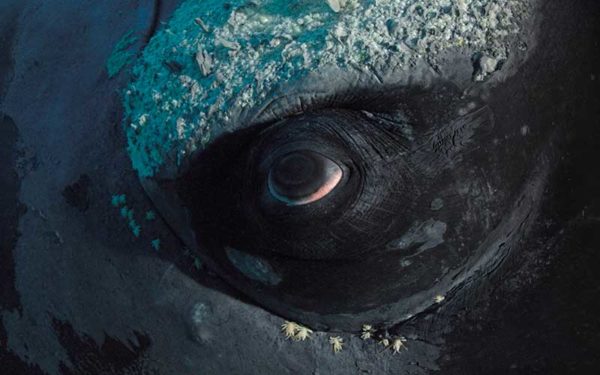
No state here in New England has required its utilities to assess their vulnerability to climate change – or take action to prepare for it. With our homes, lives, and livelihoods at stake, allowing utilities to be so unprepared is irresponsible and simply too big a risk to take. CLF is pushing to change that – starting with Massachusetts.

“This has been a long and contentious road to reduce nitrogen pollution in the estuary,” Paly said. “After many, many years, it’s really gratifying to see municipalities coming together, working more collaboratively with CLF and other stakeholders to start down a new path, and hopefully the estuary will be the better for it.”
“Nitrogen pollution is a scourge on our Great Bay estuary, including the many bays and rivers that are part of it,” Melissa Paly, Great Bay-Piscataqua Waterkeeper at CLF, wrote in a separate statement. “This agreement gives the communities surrounding Great Bay flexibility in how they will reduce this harmful pollution, but also accountability to ensure real progress.”
“Nitrogen pollution is a scourge on our Great Bay estuary, including the many bays and rivers that are part of it,” said Melissa Paly, Great Bay-Piscataqua Waterkeeper at CLF. “This agreement gives the communities surrounding Great Bay flexibility in how they will reduce this harmful pollution, but also accountability to ensure real progress. We’re looking forward to working together with these communities to advance innovative solutions to combat this problem and create healthier waterways for everyone.”
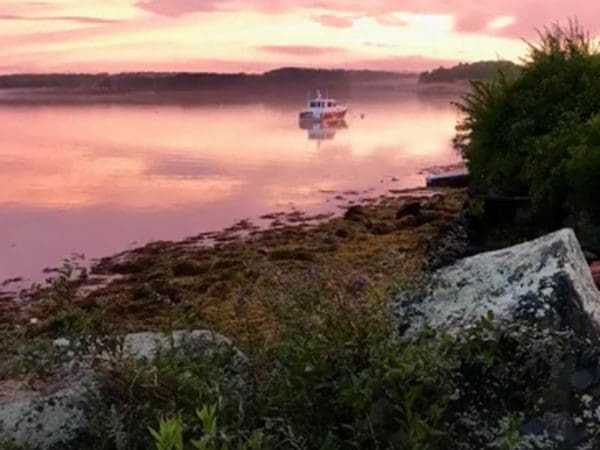
To be environmentalists – to stand up for healthy communities for all people across New England – we must be anti-racist. We cannot, and will not, be silent.
